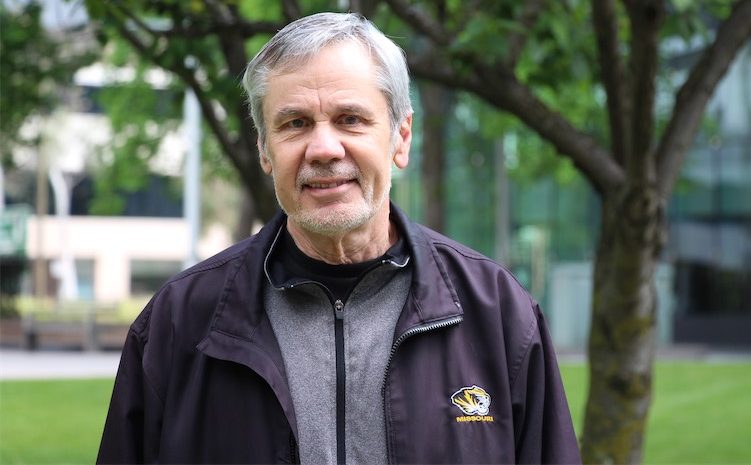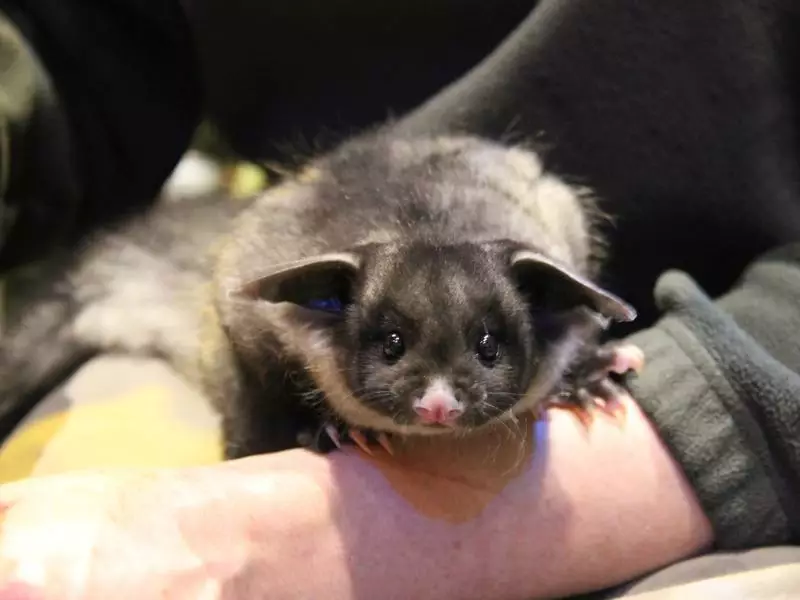
WHEN it comes to renewable energy, if other jurisdictions, states, territories, countries, did what Canberra does, the Paris Climate Agreement would be met, says climate-change expert Prof Will Steffen.
The emeritus ANU professor says humans have pushed the climate too far – a topic that he researches with other scientists across the globe.
“We’re going to miss the Paris target [which is to limit the temperature increase by] 1.5C, so we really have to get moving to meet the upper Paris target to [keep the global temperature rise] well below 2C, and I still think we can beat the well below 2C,” he says.
But it won’t be easy, according to Will.
However, he says: “If everyone did what Canberra did we would come in at about 1.7C or 1.8C, which would stabilise temperature. Canberra is a leader in Australia and we’re viewed as a leader globally in climate action.”
Since last year, Canberra moved to 100 per cent renewable electricity, and what that means, says Will, is the ACT puts enough renewable energy into the grid to meet the territory’s demand.
“We are in the south-east Australian grid, and we, as a jurisdiction, have put in solar and wind that generates slightly more than the amount of energy we use in Canberra,” he says.
“So, basically, we are doing our fair share to be 100 per cent renewable.”
Although, that doesn’t mean that there’s still not more to be done, and the ACT government has promised to put in a big battery, which is actually two large battery storage systems that would be able to deliver about 250MW in the region.
In the ACT, Will says we run off solar, which is mainly from the Monaro Highway, and wind, which is from Victorian and SA wind farms.
“The ACT is saying we have an obligation to back up the SA grid so when we have a temporary outage in renewables because it’s very cloudy or the wind isn’t blowing, we’ve stored electricity and we can put it in to keep the electricity supply even,” he says.
“Of course, the famous big battery is the one in SA that Elon Musk put in. The next time there was a power outage in SA, the battery put hundreds of megawatts within the system before the gas plant could even fire up.”
Gas, known as a transition fuel, is still used in the ACT, especially for energy use such as heating, cooling and cooking, but Will says these things can be electrified.
“People still have gas, some people still heat their homes here in Canberra with gas [and] run their cooking with gas so the next stage that the ACT government is taking is to get fossil fuels out of other sectors of our ACT economy and the big ones are heating and cooling,” he says.
“The point with gas is that we already have enough gas plants and enough gas for use of gas as a transition. And now because renewables are cheap, it’s just as cheap or cheaper to cook with electric stoves.”
In Will’s Civic apartment, which he moved to about 20 years ago with his wife to be closer to public transport and ANU, it’s all electricity, so he says he can go to bed at night with a clear conscience.
“My cooking, my cleaning, whatever I’m doing around the apartment is 100 per cent renewable, no emissions to the atmosphere. So Canberrans can say that for anything that they use electricity for,” he says.
As for his car, it’s not electric but Will encourages Canberrans to hold on to their “clunkers” for a few more years and wait until electrics are really inexpensive and common, and buy an electric car.
“By 2025 I think all electric cars will be cheap enough and common enough to buy,” he says.
“Electric cars will be even cheaper and simpler, so instead of filling up with petrol, you charge a battery, so you can plug it in at home, when you’re not using it, and let it charge up.
“We’re not going to buy another car. We’ll probably not have a car. We tend to use public transport and active transport.”
So things are looking good in the ACT when it comes to renewables, according to Will. But he says there’s a couple of big problems when it comes to other states and territories following Canberra’s lead. And he’s worried that other states and countries will be too late.
“There’s two big problems. You’ve got political ideology, particularly at the federal level and you’ve got vested interest,” he says.
“We don’t have any fossil fuel companies in Canberra and they really don’t in SA either, but they do in Victoria and they do in NSW and they do in Queensland [and this vested interest might prevent them from going renewable].
“These are the problems we have to overcome.
“Renewables are now cheaper and they’re cleaner so the economics have swung in favour of renewables, so when the federal government is proposing a gas-led recovery, it does not stack up economically so they’re going to have to subsidise it with taxpayers’ money.
“Why in the world would they do that? They do it because of ideology, unfortunately, because climate change and renewables have become a political issue. And they do it because of vested interest [and] the powerful fossil-fuel lobby.”
Under Prime Minister Scott Morrison’s gas-led proposal, Will says emissions will go up and the work that’s already been done will go backwards.
“We know what the consequences are. We experienced the fires, 50 per cent of the Great Barrier Reef is dead, and we’re basically dooming our children to have a really difficult planet to live on by doing this,” he says.
“We need to have a planet we can live on, if we don’t have that, we don’t have anything.
“But the bright story is you can go a different way, and that’s what Canberra’s doing. We’ve just got to convince others to follow.”
Who can be trusted?
In a world of spin and confusion, there’s never been a more important time to support independent journalism in Canberra.
If you trust our work online and want to enforce the power of independent voices, I invite you to make a small contribution.
Every dollar of support is invested back into our journalism to help keep citynews.com.au strong and free.
Thank you,
Ian Meikle, editor









Leave a Reply